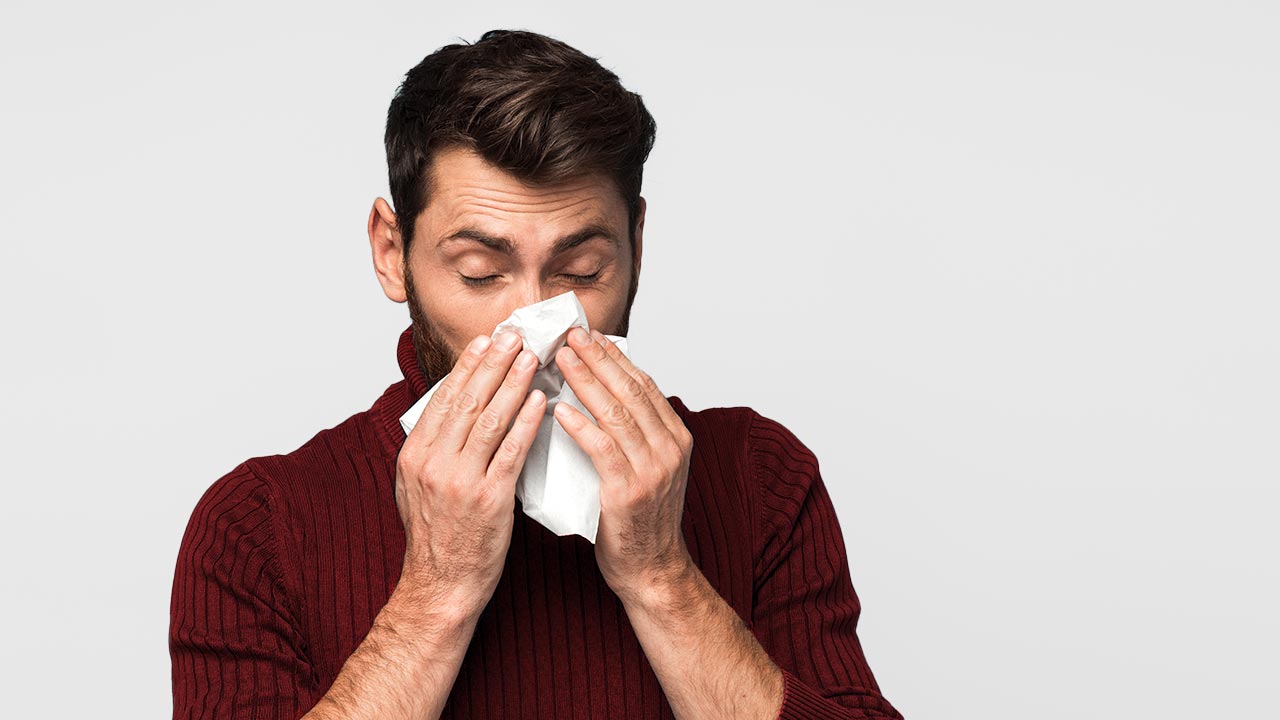
Effective Strategies for Relieving Post-Nasal Drip
Post-nasal drip is a common condition where excessive mucus accumulates in the back of the throat and nasal passages, leading to discomfort, throat clearing, coughing, and a sensation of mucus running down the throat. While there isn’t a magic cure for post nasal drip, there are several effective strategies and remedies that can help alleviate symptoms and improve your comfort:
Hydration:
Staying well-hydrated is crucial for thinning mucus and preventing it from becoming thick and sticky. Drinking plenty of water and herbal teas can help keep mucus more manageable.
Saline Nasal Irrigation:
Nasal irrigation with a saline solution can help flush out excess mucus and allergens from the nasal passages. You can use a saline nasal spray or a neti pot for this purpose.
Humidification:
Using a humidifier in your bedroom can add moisture to the air, which can help prevent mucus from becoming too thick and reduce irritation.
Steam Inhalation:
Inhaling steam from a bowl of hot water can provide immediate relief by loosening mucus and soothing the throat. Be cautious to avoid burns when doing this.
Avoid Irritants:
Identify and avoid triggers or irritants that may worsen post-nasal drip, such as tobacco smoke, strong odours, and environmental pollutants.
Over-the-Counter Medications:
Antihistamines, decongestants, and nasal corticosteroids available over-the-counter can provide relief from post-nasal drip symptoms. However, use these medications as directed and consult a healthcare provider if you have concerns or underlying health conditions.
Elevate Your Head:
Sleep with your head elevated by propping up your pillows or using a wedge pillow to prevent mucus from pooling in the back of your throat while you sleep.
Avoid Dairy Products:
For some individuals, dairy products can increase mucus production. Consider reducing or eliminating dairy from your diet to see if it improves your symptoms.
Treat Underlying Conditions:
If your post-nasal drip is caused by an underlying condition such as sinusitis or gastroesophageal reflux disease (GERD), treating the primary condition may alleviate the symptoms.
Professional Evaluation:
If your post-nasal drip is persistent, severe, or accompanied by other concerning symptoms like blood in mucus or difficulty swallowing, it’s essential to consult a healthcare provider. They can determine the underlying cause and recommend appropriate treatment options.
While there isn’t a magic cure for post-nasal drip, a combination of these strategies can significantly reduce symptoms and improve your overall comfort. The effectiveness of each approach may vary from person to person, so it’s essential to identify which methods work best for you through trial and error. Remember that persistent or severe post-nasal drip should be evaluated by a healthcare professional to rule out any underlying medical conditions.


